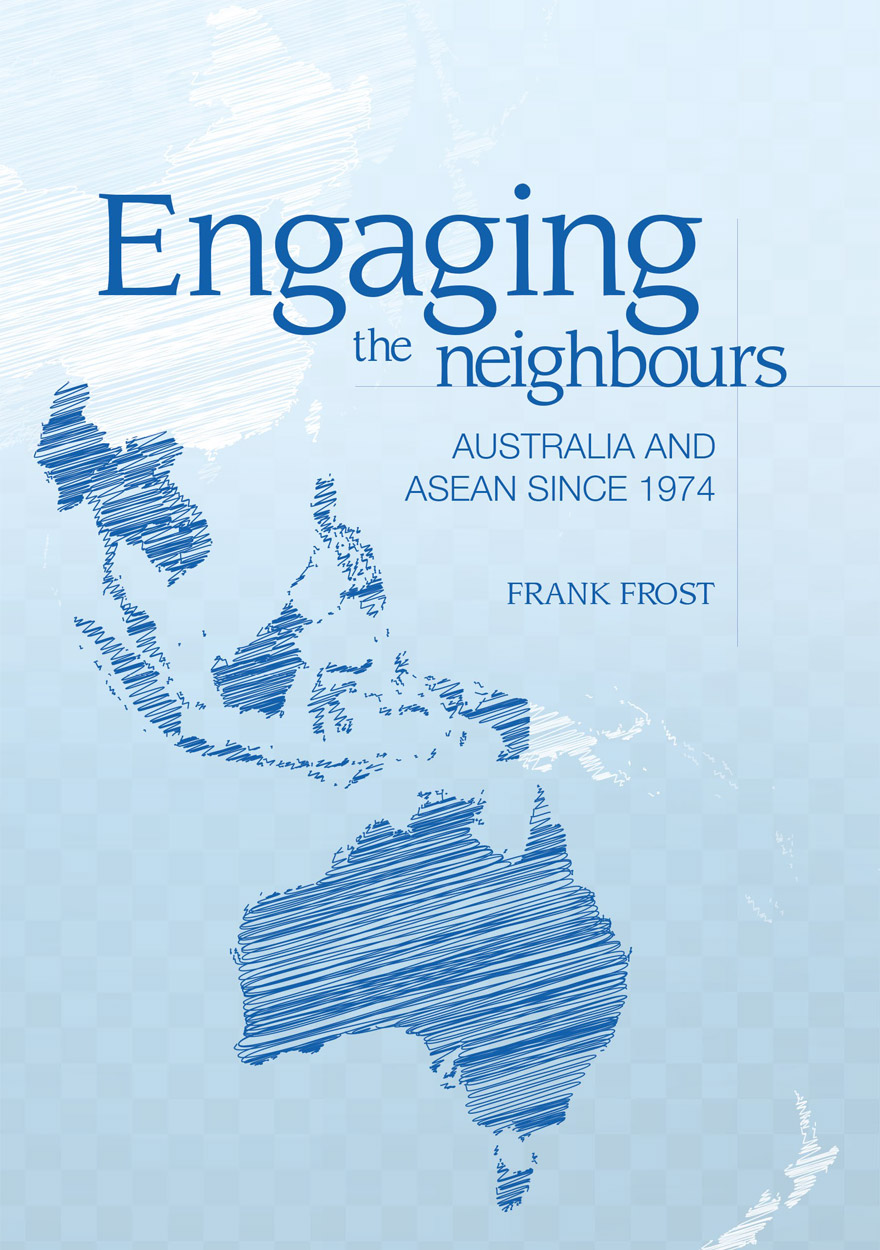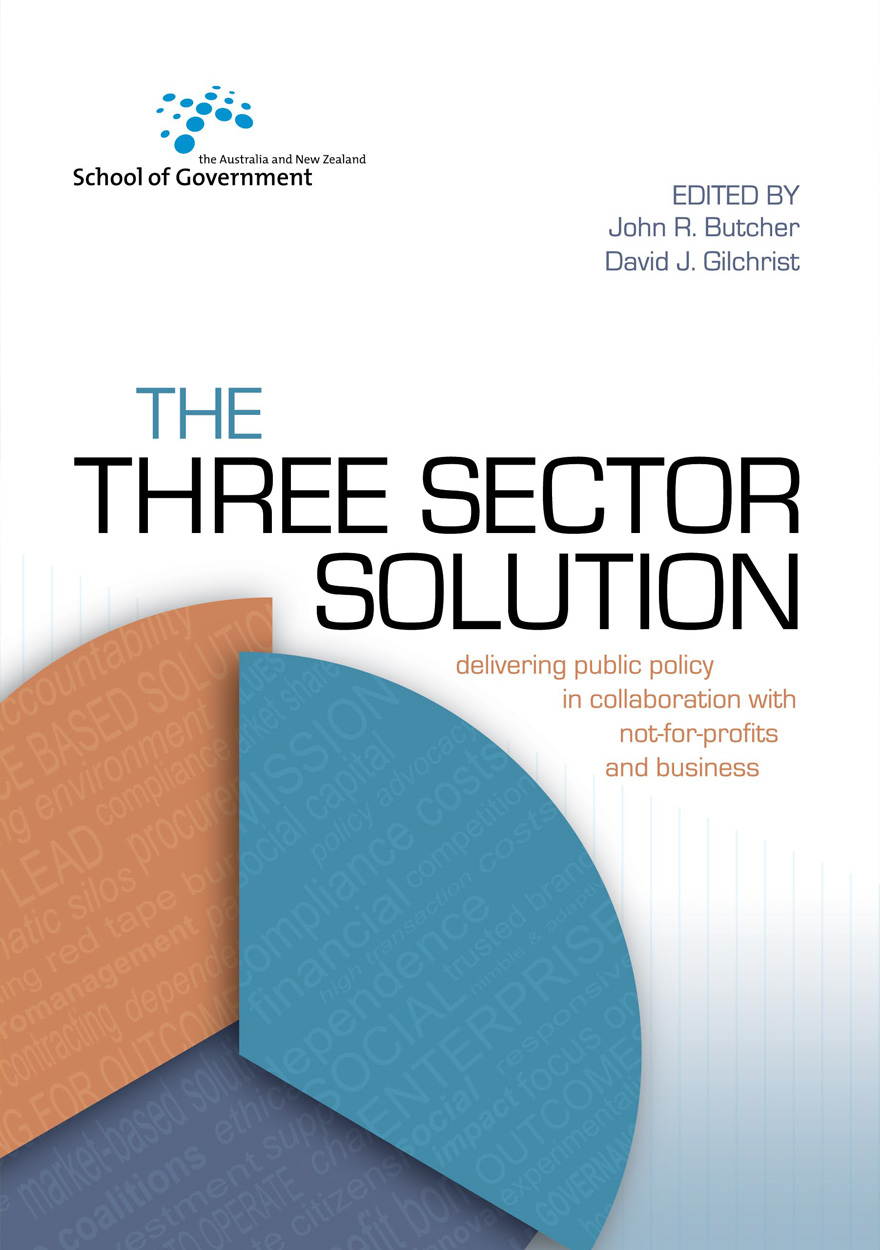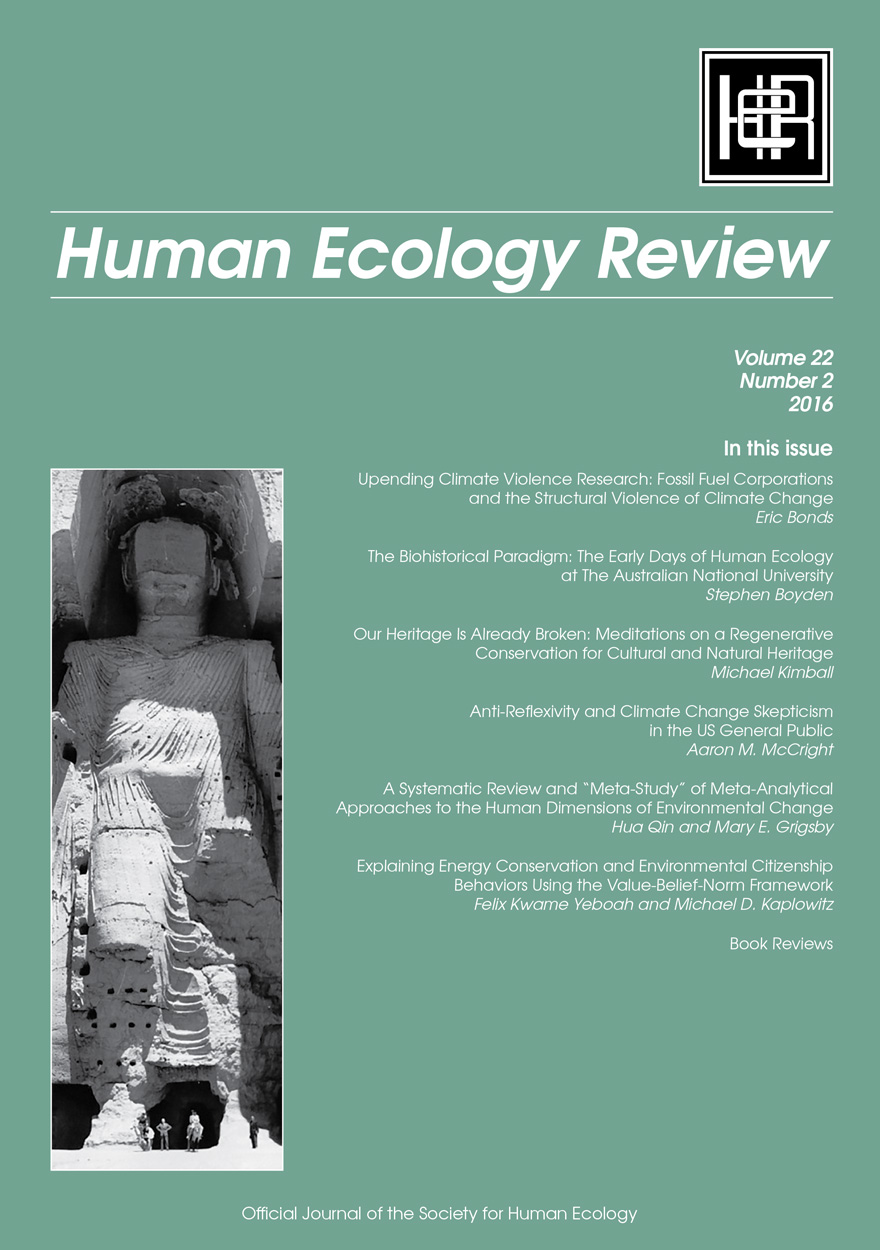Search titles
Displaying results 181 to 190 of 380.

Made in China Journal: Volume 1, Issue 3, 2016 »
Publication date: September 2016
The core of this issue is dedicated to a special section on Chinese labour and investment in Africa, with a specific focus on Ghana and Zambia. You will also find an analysis of the current situation of the Chinese working classes and the prospects for the political representation of labour in China, as well as an examination of the struggles that Chinese workers face when they attempt to access the legal system. The issue also includes an overview of recent worker struggles in India and an essay on Zhao Liang’s Behemoth.
Download for free
Not available for purchase

Pollution »
Publication date: September 2016
Environmental pollution poses serious challenges for China, including to its economy as well as public health. The China Story Yearbook 2015: Pollution looks at how China’s Communist Party-state addresses these problems and how Chinese citizens have coped with and expressed their concerns about living with chronic, worsening pollution.
This Yearbook also explores the broader ramifications of pollution in the People’s Republic for culture, society law and social activism, as well as the Internet, language, thought, and approaches to history. It looks at how it affects economic and political developments, urban change, and China’s regional and global posture. The Chinese Communist Party, led by ‘Chairman of Everything’ Xi Jinping, meanwhile, has subjected mainland society to increasingly repressive control in its new determination to rid the country of Western ‘spiritual pollutants’ while achieving cultural purification through ‘propaganda and ideological work’.
To adulterate, contaminate, spoil or violate—these are among the metaphorical and literal connotations of pollution expressed in this Yearbook via the character ran 染, which forms part of the word for pollution in Chinese, wuran 污染. As the world increasingly relies on economic ties with China, the complexities of China’s one-party system and the Chinese government’s attitudes towards ‘pollution’ are of increasing global significance.
Chapter notes are available to view online.

East Asia Forum Quarterly: Volume 8, Number 3, 2016 »
Publication date: September 2016
East Asia Forum Quarterly grew out of East Asia Forum (EAF) online, which has developed a reputation for providing a platform for the best in Asian analysis, research and policy comment on the Asia Pacific region in world affairs. EAFQ aims to provide a further window onto research in the leading research institutes in Asia and to provide expert comment on current developments within the region. The East Asia Forum Quarterly, like East Asia Forum online, is an initiative of the East Asia Forum (EAF) and its host organisation, the East Asian Bureau of Economic Research (EABER) in the Crawford School of Economics and Government in the College of Asia & the Pacific at The Australian National University.
Download for free
Not available for purchase

International Review of Environmental History: Volume 2, 2016 »
Edited by: James Beattie
Publication date: September 2016
International Review of Environmental History takes an interdisciplinary and global approach to environmental history. It encourages scholars to think big and to tackle the challenges of writing environmental histories across different methodologies, nations, and time-scales. The journal embraces interdisciplinary, comparative and transnational methods, while still recognising the importance of locality in understanding these global processes.
The journal’s goal is to be read across disciplines, not just within history. It publishes on all thematic and geographic topics of environmental history, but especially encourage articles with perspectives focused on or developed from the southern hemisphere and the ‘global south’.
Download for free
Not available for purchase

A National Asset »
50 Years of the Strategic and Defence Studies Centre
Edited by: Desmond Ball, Andrew Carr
Publication date: August 2016
This volume commemorates the 50th anniversary of the Strategic and Defence Studies Centre (SDSC). The Centre is Australia’s largest body of scholars dedicated to the analysis of the use of armed force in its political context and one of the earliest generation of post-World War II research institutions on strategic affairs. The book features chapters replete with stories of university politics, internal SDSC activities, cooperation among people with different social and political values, and conflicts between others, as well as the Centre’s public achievements. It also details the evolution of strategic studies in Australia and the contribution of academia and defence intellectuals to national defence policy.

Partnership for Change »
Australia–China Joint Economic Report
Authored by: East Asian Bureau of Economic Research, China Center for International Economic Exchanges
Publication date: August 2016
The Australia–China Joint Economic Report is the first major independent joint study of the bilateral relationship and has the blessing of both national governments. The Report is an academic policy study by leading researchers in both Australia and China. It draws policy conclusions to guide the development of bilateral economic relations that include an Australia–China Comprehensive Strategic Partnership for Change, an Australia–China Commission, and an Australia–China Basic Treaty of Cooperation.

Engaging the neighbours »
Australia and ASEAN since 1974
Authored by: Frank Frost
Publication date: July 2016
From modest beginnings in 1967, the Association of Southeast Asian Nations (ASEAN) has become the premier regional institution in Southeast Asia. The 10 members are pursuing cooperation to develop the ‘ASEAN Community’ and also sponsor wider dialogues that involve the major powers. Australia has been interested in ASEAN since its inauguration and was the first country to establish a multilateral link with the Association, in 1974. Australia and ASEAN have subsequently engaged and cooperated on many issues of mutual concern, including efforts to secure an agreement to resolve the Cambodia conflict (signed in 1991), the initiation of the Asia-Pacific Economic Cooperation grouping (1989) and the ASEAN Regional Forum (1994), the conclusion of the ASEAN–Australia–New Zealand Free Trade Agreement (signed in 2008) and the development of the East Asia Summit (from 2005).
This book provides the first available detailed history of the evolution of Australia’s interactions with ASEAN. It assesses the origins and phases of development of Australia’s relations with ASEAN; the role ASEAN has played in Australian foreign policy since the 1970s; the ways in which the two sides have collaborated, and at times disagreed, in the pursuit of regional stability and security; and the key factors that will influence the relationship as it moves into its fifth decade.

Managing Consultants »
A practical guide for busy public sector managers
Authored by: Leo Dobes
Publication date: July 2016
Public service cutbacks have increased reliance on consultants.
But new legislation and rules governing the procurement of services from consultants are scattered over different legislative instruments.
The first edition of this book attracted a record number of online hits. Busy public sector managers now have available to them an updated version that integrates an easy-to-follow, step-by-step guide that incorporates the many practical tips needed for successful procurement activity.

The Three Sector Solution »
Delivering public policy in collaboration with not-for-profits and business
Edited by: John Butcher, David Gilchrist
Publication date: July 2016
This collection of essays had its origins in a one-day workshop held in August 2015 at The Australian National University. Jointly convened by Dr John Butcher (ANZSOG) and Professor David Gilchrist (Curtin Not-for-profit Initiative) the purpose of the workshop was to bring together academic researchers, policy practitioners and thought leaders to address a variety of emerging issues facing policymakers, public sector commissioners, not-for-profit providers of publicly funded services, and businesses interested in opportunities for social investment. The workshop itself generated a great deal of interest and a ‘baker’s dozen’ of contributors challenged and engaged a full house. The level of enthusiasm shown by the audience for the subject matter was such that the decision to curate the presentations in the form of a book was never in doubt. The editors trust that this volume will vindicate that decision. At one time the state exercised a near monopoly in the delivery of social programs. Today, almost every important public problem is a three sector problem and yet we have little idea of what a high-performing three sector production system looks like. It is the editors’ hope that this volume will provide a foundation for some answers to these important public policy questions.

Human Ecology Review: Volume 22, Number 2 »
Publication date: July 2016
Human Ecology Review is a semi-annual journal that publishes peer-reviewed interdisciplinary research on all aspects of human–environment interactions (Research in Human Ecology). The journal also publishes essays, discussion papers, dialogue, and commentary on special topics relevant to human ecology (Human Ecology Forum), book reviews (Contemporary Human Ecology), and letters, announcements, and other items of interest (Human Ecology Bulletin). Human Ecology Review also publishes an occasional paper series in the Philosophy of Human Ecology and Social–Environmental Sustainability.
Download for free
Not available for purchase



